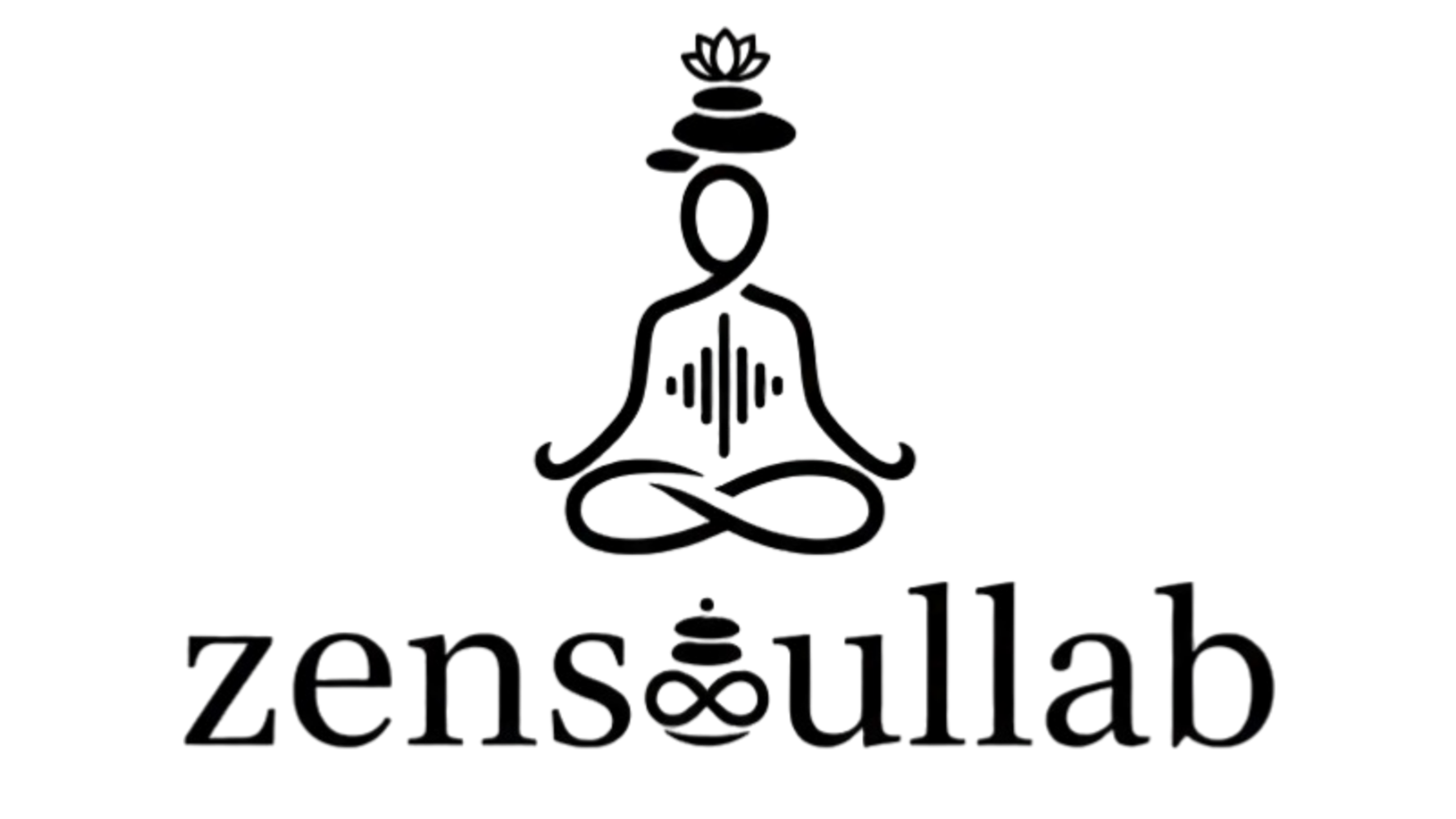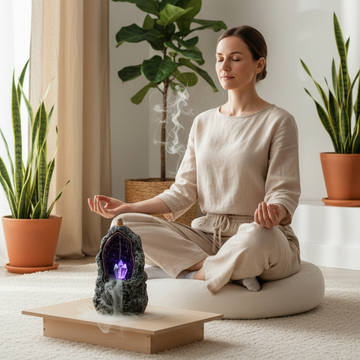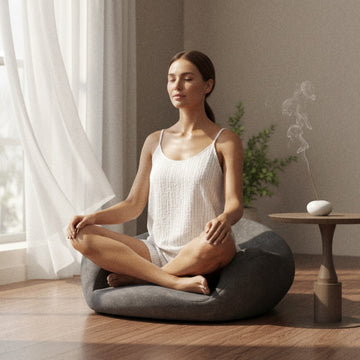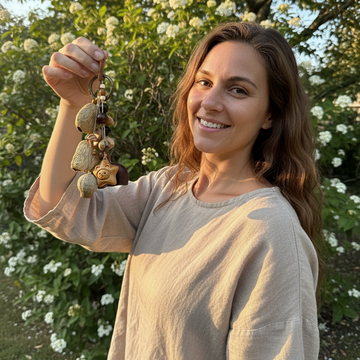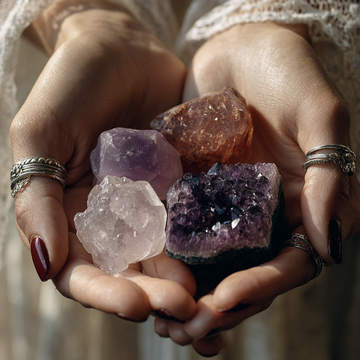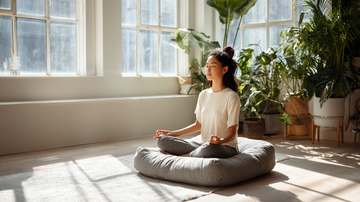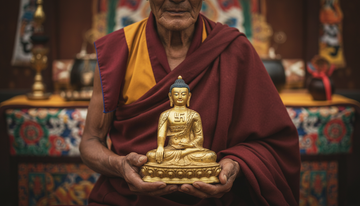How Meditation Can Improve Your Life
Maybe your days feel breathless—endless notifications, unfinished to-dos, restless nights. Meditation isn’t an escape; it’s both a brake and a mirror. When you learn to return to the breath and the present moment, stuck places begin to loosen.
1.what is meditation;Meditation cultivates the ability to “see clearly”: breath, bodily sensations, emotions, and thoughts as they arise and pass. Whether it’s seated practice, walking meditation, counting breaths, or body scans, the common thread is returning attention to the present.
2.Growth insights;Qing, an early-30s designer, struggled with insomnia, anxiety, and reactivity. He started with 5 minutes a day:
“I thought meditation would make me emotionless. Instead, it made me honest about emotions. By week three, I could take 10 breaths before pushing a project. Two months in, I paused 10 seconds before arguments and asked, ‘What do I really need now?’ Six months later, insomnia still visited, but didn’t own me. Surprisingly, I learned to separate ‘what I assume’ from ‘what is,’ which cut a lot of mental friction at work.”
3.How meditation can specifically improve your life
1) Emotions and stress;Meditation shifts you from being swept away by emotions to witnessing them. Calm may not be instant, but triggers lessen and balance returns faster.
2) Focus and creativity;Focus isn’t clenching; it’s returning. Each gentle redirect of attention to the breath trains your mind’s “return strength.”
3) Sleep and the body;5–10 minutes of evening breath work or body scan helps downshift the nervous system. Short daytime practices also ease tension and fatigue.
4) Relationships and Communication;When you sense your state before speaking, many misunderstandings never start. Listening becomes more genuine.
5) Self-awareness and sense of direction;Meditation is a small lamp: Who am I? What do I fear? What do I truly value? Choices become less dictated by noise.
4.Who is it suitable for?
The anxious, perfectionists, the chronically tired, the easily distracted, the emotionally volatile, people in transition—and anyone who wants to live with more clarity.
How to Start: A Plan Light Enough to Follow Through
A. Mini Kickoff (Weeks 1–2);Set a 5-minute timer; 2) Sit comfortably; 3) Soften gaze/close eyes; 4) Rest attention on the breath at the nostrils; 5) When distracted, return—no judgment.
B. Building Steady Habits (Weeks 3–4);Keep 5 minutes but do it twice daily (morning + night). Add a 30-second pause before meetings or messages.
C. Gradual Expansion (Weeks 5–8);Extend one session to 8–10 minutes. Once a week, try walking meditation—slow steps synced with breath—to bring awareness into motion.
5.Common Challenges & Solutions
Challenge 1: Too Many Thoughts;Normal. Label it—“Thinking…”—and return to the breath.
Challenge 2: Restlessness / Physical Discomfort;Start with 3–5 minutes, adjust posture, or stretch for a minute first.
Challenge 3: No Results / Doubt;Shift from results-chasing to showing up. Consistency over intensity; change is gradual, not theatrical.
Challenge 4: Stronger Emotional Surges;You’re becoming sensitive, not worse. Ground in physical contact points or open your eyes and orient to the room.
6.6 Small Habits to Integrate Meditation into Daily Life
1)Three morning breaths;
2) Three seconds of gratitude before meals;
3) Walking meditation on the way;
4)One breath before replies;
5) A 60-second body scan afternoon;
6)One line of gratitude before bed.
7.Aqing’s Ending: Him One Year Later
Qing didn’t have a dramatic awakening—but life works better: fewer conflicts, steadier creativity, more solid sleep. “Meditation didn’t make the world quiet; it taught me to quiet my heart when the world is loud.”
8.For You Who Are Thinking of Starting
Don’t wait for perfect conditions. Start with 3 minutes today. You’re not practicing “sitting”—you’re practicing “returning.”
Would you like to try 7 days of meditation, just 5 minutes each day? Leave a comment and share how you feel. If you’d like, you can also visit our “zensoullab” website, where we share daily blog posts about meditation.
